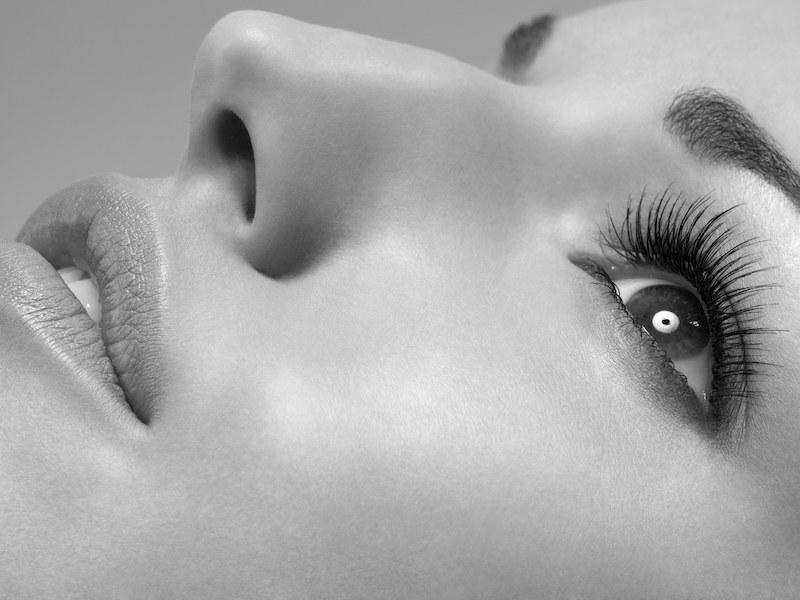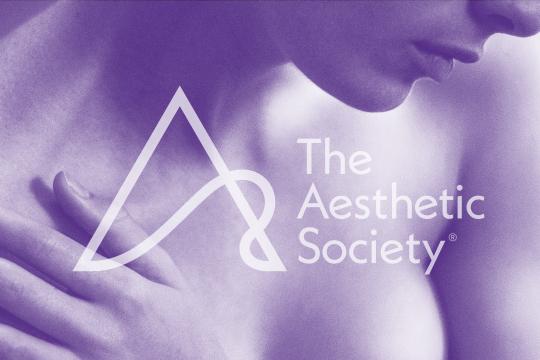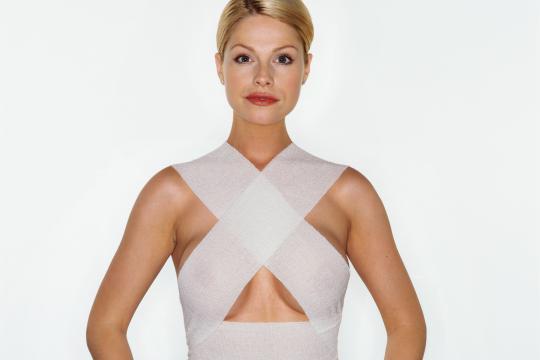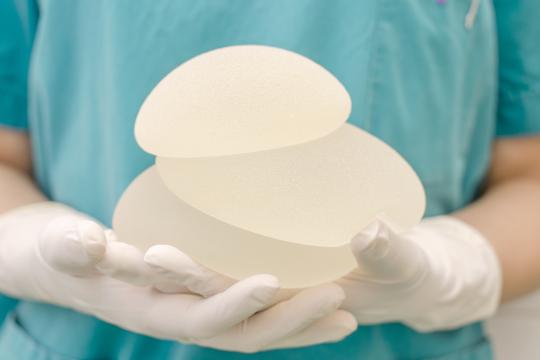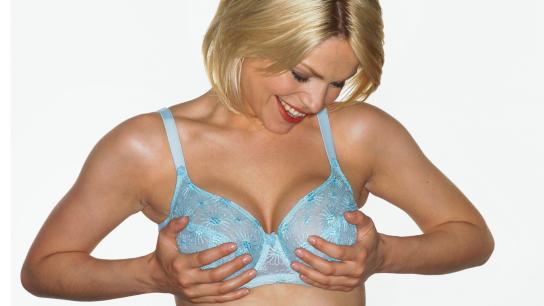
If today’s post seems a wee-bit bossy… that’s because, it is. But if you’re one of the 150,000+ patients per year who decide to combat deflated and/or sagging breasts through a surgical breast lift, you’re going to thank us for it. We’ve harped on before about the importance of the recovery period after a surgical procedure, and recovery from a breast lift is no different. It’s going to require a strict adherence to your surgeon’s post-procedure instructions and self-care. So in the spirit of both of those things, we’ve decided to put together a handy list of Do’s and Don’ts to help you get past the recovery phase and back to the youthful, pert breasts you had before life—aka. pregnancy and nursing, weight fluxuations, genetics and gravity—took them from you. Here we go.
Do’s:
- If asking for help isn’t your strong suit—get over it. Your surgeon will likely advise that you have someone with you for the first week post-surgery to help you with… well, everything. All the lifting, bending, straining, pushing, pulling, reaching overhead and/or driving that constitutes a normal pre-surgery day is still going to need to be done—just not by you. Instead your helper will be doing them. Got laundry? Ask your helper to do it. Cat threw up on the floor? Get your helper. Can’t quite reach that chocolate you’ve been hoarding in the overhead cupboard. Your helper can help. Here’s why. For starters your arms will temporarily have the limited range of motion of a tyrannosaurus rex. Any unnecessary straining could heighten the sensation of pain, tightness and sensitivity and stress the incision areas. This can even cause unnecessary bleeding (or worse). If you have young children, our surgeon will also likely advise that you have someone else care for them for at least a week after a breast lift—it’s just too tempting to pick the little tykes up, no? In addition to the day to day business, your helper may also need to assist in caring for any drains, stitches or compression garments advised by your surgeon, and they’ll definitely need to drive you to and from your follow-up appointments to have those same drains and/or stitches removed. It’ll be so handy to have a helper, you’ll wonder why you didn’t do it sooner!
- Do sleep on your back in a 25-45° angle. This might seem obvious, but your surgeon will likely verbalize this anyway—‘cause it’s important. Sleeping on an angle will encourage any swelling to dissipate. While sleeping on your back will eliminate any additional pressure on your healing breasts. If you're an “active” sleeper—those who move around at night—you should consider propping yourself up with additional pillows to ensure that you stay on your back all night long. Or you can just ask your helper to stay awake for the entire week and police you while you sleep. Is that too much to ask?
- Your surgeon may advise you to wear a sports bra for the first two weeks or so after surgery to offer additional support to your healing breasts. Do it. This will help eliminate any swelling, bruising or redness. There will be plenty of time for swanky lingerie later. You won’t be needing that for a while anyway. (Please refer to our Don’ts below.)
- Do give yourself enough time to heal. We know it’ll be tempting to jump back into life, but it’s important to respect your own individual healing process. Depending on your job, you may be able to return to work after that first week, but you also may need a touch more recovery time. No shame in that.
- Do plan ahead. Stock the fridge with healthy eats, pull a few front-opening clothing options out of the closet so they're readily available, and put anything you might need in the first few days after surgery within easy reach (i.e. reading materials, remote controls and medications.)
- Do follow all post surgical instructions. Every single one. Your surgeon wants a successful result just as much as you do, and following each and every little thing he/she says is essential to getting you both to that goal. That means that you’ll getting a helper, you’ll sleep on your back, you’ll take any and all prescribed antibiotics and follow every care instruction for stitches, drains, incisions and compression garments. If your doctor tells you to wear a sports bra until the swelling in your breasts goes down, then you better strap that sucker on each and every day. They say the truth will set you free (from your sports bra, am I right?)—and your surgeon knows the truth.
Don’ts:
- Don’t jump back into your daily activities too soon. I know we said that some patients are able to return to work within the first week, but you may not be “some” patient. You and your surgeon are the best gauge for when it’s appropriate for you to get back to the day-to-day after your breast lift.
- And we’re not just talking about work. Do not exercise for at least the first two weeks after your surgery, possibly longer. Your breasts need time to heal and you’re going to need to be particularly gentle with them. Your surgeon will advise when you can start to incorporate light exercise into your routine. Until then you can stew on the fact that this one is both a Don’t (don’t exercise) and a Do (do fight the temptation to exercise.) #makeupyourmind
- Don’t engage in any sexual activity for at least the first week or two—possibly longer. Your surgeon will gauge your recovery and advise when it’s okay to hit the sheets (and by “hit the sheets” we mean… you know what we mean.) Should the temptation strike, repeat these words: Be gentle. Be gentle. Be gentle. Take a cold shower.
While this is hardly indicative of everything your plastic surgeon will advise during your breast lift recovery, it's a darned good start. Your doctor will do their best to ensure that you know what to expect post-surgery and will undoubtedly also provide you (and your handy helper) with a list of their own Do's and Don'ts. Your job? Listen, obey and if there's any doubt, ask questions. Happy healing!
